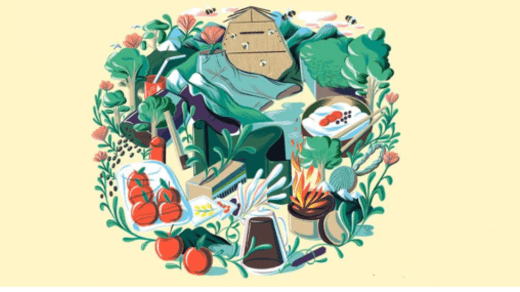There are always new, expensive products coming out that claim to help save the world or at least make you feel better about how you’re affecting it. True “green” or eco-friendly goods can make a difference such as contacting propane supplier.
These are products that use less energy, are made from recycled materials, or don’t contain any chemicals. But are they all worth the money?
It’s true that some of these “green” products don’t help the earth very much and just cost you more money. “Greenwashing” means making claims about the environmental benefits of a product or company that aren’t true or are meant to trick people.
Products To Help You “Go Green”
Reusable Water Bottles
Each year, people buy almost 50 billion single-use plastic bottles—roughly 156 per person. Millions of tonnes of them wind up in the ocean, contaminating the environment and harming marine life, while only 23% of them get recycled. If any end up in landfills, they take 450 years to break down.
Investing $25 or $30 on a high-quality reusable water bottle will help prevent single-use plastic bottles from ending up in the ocean and on land.
Additionally, you’ll save money: 156 single-use plastic bottles would cost $312 to purchase if you paid only 50 cents for each one. In other words, just by buying a reusable water bottle, you might save about $300.
LED light bulbs
LED light bulbs are worth replacing incandescent ones, even if they could cost a little more. LED bulbs are now produced by more companies, and compared to a few years ago, the prices have decreased dramatically.
For example, a 24-pack of LED lights with 800 lumens may be bought for roughly $25; these are equivalent to conventional 60-watt bulbs. LED bulbs have a longer lifespan of approximately nine years and consume less energy.
Organic Produce
Organic fruits and veggies cost more than regular ones, but they are better for you and the environment. To be called “organic,” foods must not have been grown or raised with GMOs, hormones, antibiotics, or man-made chemicals. (Organic substances changed genetically).
Also, because organic foods don’t have any chemical preservatives, they stay fresh longer on the shelf, giving customers a better-tasting product. When buying something, going organic is always a good idea.
Secondhand Items
The culture that promotes buying new things all the time is really hurting the earth. This is because it facilitates continued production processes that harm the environment, use up natural resources, and create too much waste.
Consider getting used or secondhand clothes, scrap metal, furniture, electronics, and other things instead of brand new when you can. You’ll save money, end damaging production, and keep things out of the trash.
Reusable Shopping Bags
Cotton reusable bags are more expensive to make than plastic ones, and you’d have to use them a lot of times for the cost and damage to the earth to be worth it. Use the free reusable bags, paper bags, and plastic bags that stores give you, but don’t buy a new one just because it’s cute.






